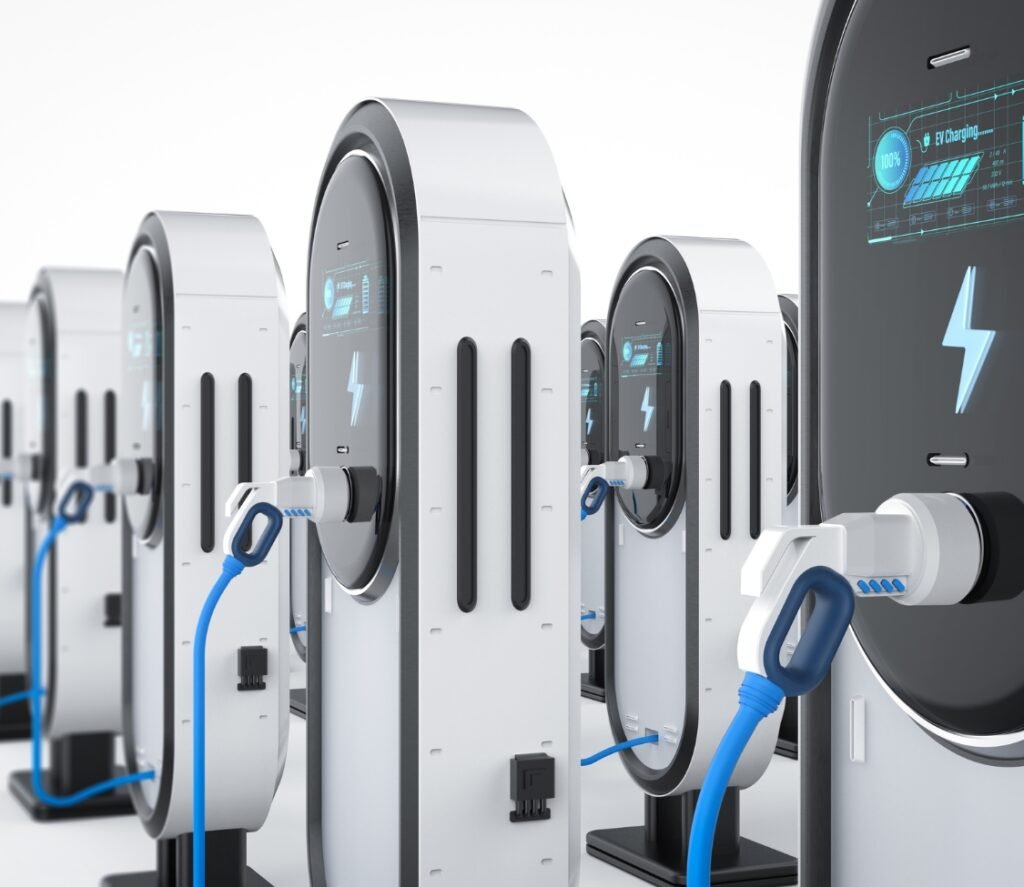The Jordanian automotive market in 2025 is undergoing a significant transformation, marked by a notable decline in electric vehicle (EV) clearances and a concurrent rise in hybrid vehicle imports and clearances. This shift is primarily attributed to recent regulatory changes, particularly the implementation of a progressive tax on EVs at the end of 2024, which has substantially impacted consumer purchasing behavior and market dynamics.

Decline in Electric Vehicle Clearances
In the first quarter of 2025, the clearance of electric vehicles in Jordan experienced a sharp decline of over 49%, with only 6,426 units cleared compared to 12,617 in the same period in 2024. Similarly, in the first half of the year, EV clearances fell by 17%, totaling 18,816 units compared to 22,604 in 2024. This downturn is largely attributed to the progressive tax imposed on EVs at the end of 2024, which has significantly weakened clearance transactions. The increased tax burden has made EVs less financially attractive to consumers, leading to a reduction in demand and subsequent clearance rates.
Rise in Hybrid Vehicle Imports and Clearances
In contrast, hybrid vehicles are gaining traction in the Jordanian market. The clearance of hybrid vehicles increased by 28% in the first quarter of 2025, reaching 3,249 units compared to 2,540 during the same period in 2024. By the first half of 2025, hybrid vehicle imports surged by 31%, totaling 6,834 units compared to 5,197 in the same period last year. This growth is indicative of a shift in consumer preference towards hybrid vehicles, which offer a balance between fuel efficiency and lower upfront costs compared to fully electric vehicles.
Overall Vehicle Clearance Trends
Overall vehicle clearance activity from the Zarqa Free Zone declined by 34% in the first quarter of 2025 compared to the same period last year, with around 12,000 vehicles cleared during the first three months of 2025, down from around 18,000 in the corresponding period of 2024. This decline reflects broader shifts in consumer demand and the impact of recent regulatory and tax measures, particularly those affecting electric vehicles. The overall market contraction suggests that while hybrid vehicles are experiencing growth, the total vehicle market is facing challenges due to changing consumer preferences and economic factors.
Implications for the Automotive Market
The current market dynamics in Jordan underscore the importance of balanced and forward-looking policies that consider the economic implications of taxation on emerging technologies. While the government’s intent to promote sustainable transportation is commendable, the significant tax burden on electric vehicles has inadvertently hindered their adoption. In contrast, the growth in hybrid vehicle imports and clearances indicates a consumer preference for vehicles that offer a compromise between environmental benefits and economic feasibility.
“This trend suggests that a more nuanced approach, potentially involving incentives for both electric and hybrid vehicles, could better align with consumer preferences and promote a more sustainable automotive market in Jordan”.
Porsche Revives the Joy of Manual Driving in the Age of Elec






